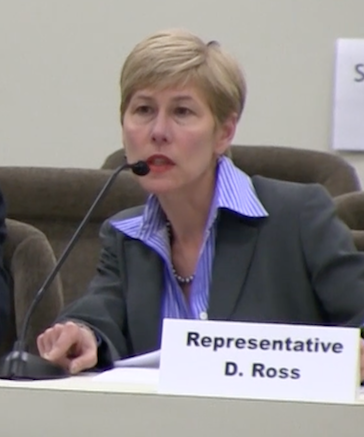
News from North Carolina is that a new Voter ID bill will be introduced this week. Many conservatives we have talked to in North Carolina are concerned that demographic shift will make it more difficult for Republicans to win elections, especially at the statewide level. Others have told us that the motivation for Voter ID laws has to do with concerns about voter impersonation. They point to the fact that, often, voters who move out of state or have passed away are not removed from voter roles in a timely fashion, which leaves the door open to fraud.
There is no evidence of voter impersonation in North Carolina, but Republican media outlets have generated countless stories suggesting that there could be. This has created concern among constituents, and offered lawmakers a justification for a series of new government regulations that will spend taxpayer money to make it more difficult for North Carolinians to vote.
North Carolina has a US Senate race next year, and legislation that would limit the number of young people, people of color, and poor people who make it to the polls could determine the outcome. Voter ID laws are only one avenue being considered to achieve this. GOP legislators in North Carolina are also considering restrictions on voter registration and early voting in order to decrease turnout, and create long lines at the polls in more populated, more diverse areas of the state. Also, partisan redistricting has carved up areas where students and people of color live, changing their districts and polling places so that they are confused about where to vote.
To their credit, the North Carolina House of Representatives has held extensive hearings to ascertain whether a bill can be written that would address concern about voter fraud without disenfranchising hundreds of thousands of American citizens who do not have a drivers license or other government issued ID, but still wish to vote in North Carolina. Above is the moment that I found most revealing. Rep. Deborah Ross, a Democrat, is questioning Bob Hall of Democracy North Carolina, a non-partisan advocate for clean elections.
Here is Mr. Hall’s testimony from earlier in the hearing:
And here is testimony from four other experts, two of whom are partisans called upon to make the argument for restrictive voting laws, and two of whom are from non-partisan, good government organizations that oppose restrictive voting laws:
Please support Story of America with a tax deductible donation.
